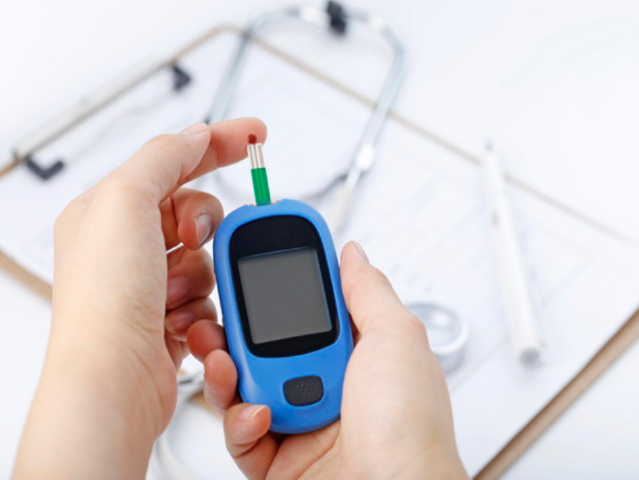Impacts of an integrated electronic health record / disease management program for type 2 diabetes patients in Denmark
This research investigated a national effort to improve the quality of healthcare for patients with type 2 diabetes without using financial incentives. Cost-effective delivery of healthcare is critical in a world with increasing healthcare costs and budgetary pressures. Although the use of electronic health record systems and associated disease management programs being increasingly common, associated impacts on healthcare efficiency and costs are not well understood. If use of EHR/DMP can be demonstrated to increase the quality of care provided to patients without increasing healthcare costs, then their use would be considered cost-effective. Evidence of cost-effectiveness can strengthen the case for EHR/DMP, leading to improved population health. This research provides the first estimates of financial impacts within a national healthcare system attributed to the use of an integrated EHR/DMP with a performance reporting system for type 2 diabetes patients. Our analysis is based on a Danish case study. Denmark is a country with a publicly financed healthcare system covering primary and secondary care sectors. Exploiting comprehensive administrative datasets, this study was able to identify which healthcare sectors experience increased, decreased, and no impacts on net healthcare expenditures attributable to the use of an EHR/DMP. This evidence demonstrates the value of integrated healthcare systems, where decision makers can realize tradeoffs between healthcare sectors. Exploiting the panel structure of our dataset (2008-2014), we included GP fixed-effects in order to reduce bias caused by systemic GP-level variation between GPs who used the system at a high level, and GPs who never used the DMP. Models controlled for secular annual trends and included an indicator for exposed patients in the exposure period (2012/13/14), capturing the impact of the EHR/DMP. A range of health and socio-demographic characteristics believed to explain variation in healthcare demand, access, and treatment costs were included. Costs outcomes were log-transformed, mitigating high-cost outliers and allowing impact interpretation as % difference. We found no evidence of a significant impact of EHR/DMP use on total healthcare costs. These results indicate that there was a small positive impact of EHR/DMP use on type 2 diabetes patients’ annual treatment costs in general practice (3.2%, 95% CI: 0.9%, 5.6%), and a small negative impact on annual emergency hospital visit costs (-6.4%, 95% CI: -11.6%, -1.2%). While a change in GP costs was observed, the small impact suggests that most type 2 diabetes patients at GPs using the EHR/DMP were not treated substantially differently than they would have been without the system. The evidence supports that the EHR/DMP achieved its intended impact: that patients who were undertreated received additional appropriate attention. Reduced emergency hospital visit costs, but no significant impact on overall hospital costs, suggests that using the EHR/DMP resulted in GPs more effectively referring diabetes patients to hospital where appropriate, reducing the frequency/severity of acute health emergencies. This reflects an improvement in the average quality of care. Use of an EHR/DMP was associated with an improvement of the procedural quality of care delivered amongst type 2 diabetes patients, at no overall increase in healthcare costs. This suggests an efficiency improvement to the Danish healthcare system associated with use of the EHR/DMP. This research provides empirical evidence of healthcare system benefits resulting from data-driven disease management systems, specifically amongst type 2 diabetes patients. Non-financial incentives including EHR/DMP systems with performance reporting can improve quality of care without increasing total costs.
Keywords
health, diabetes, healthcare costs



